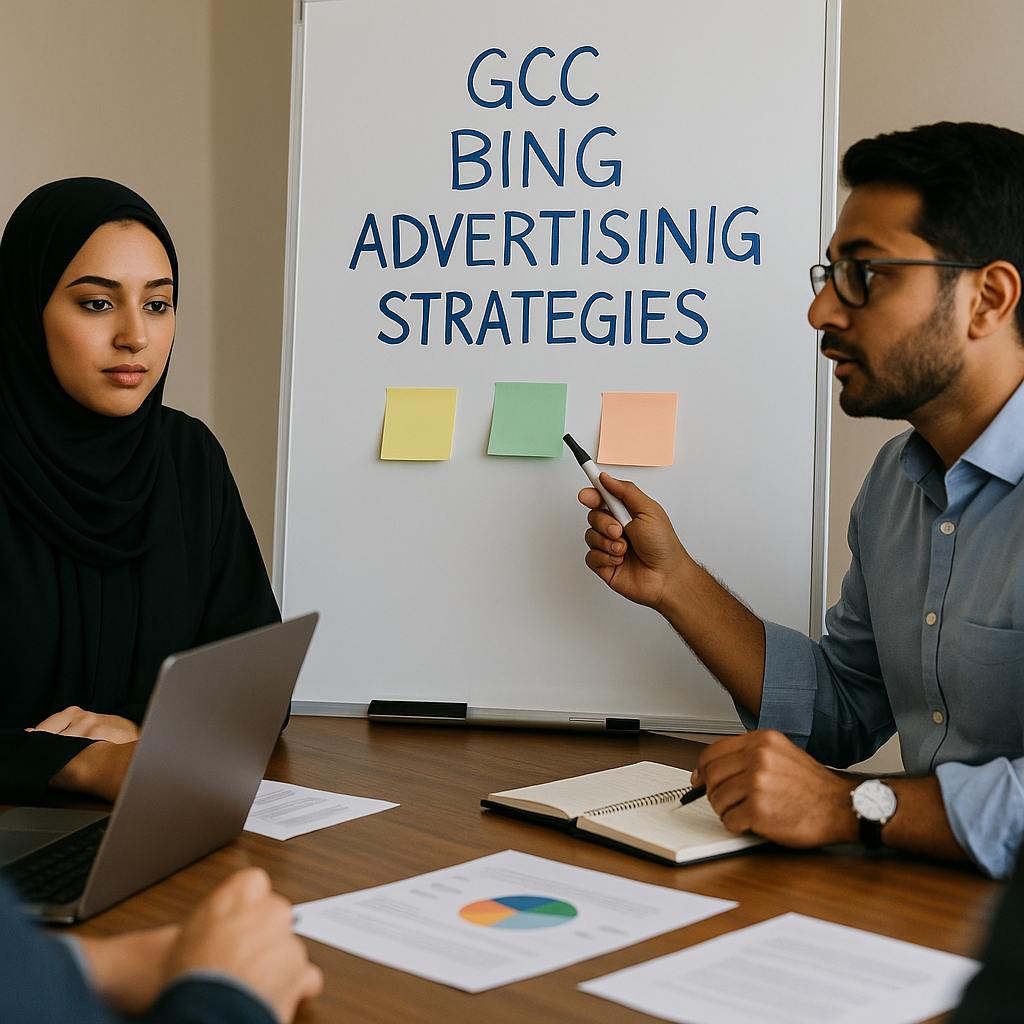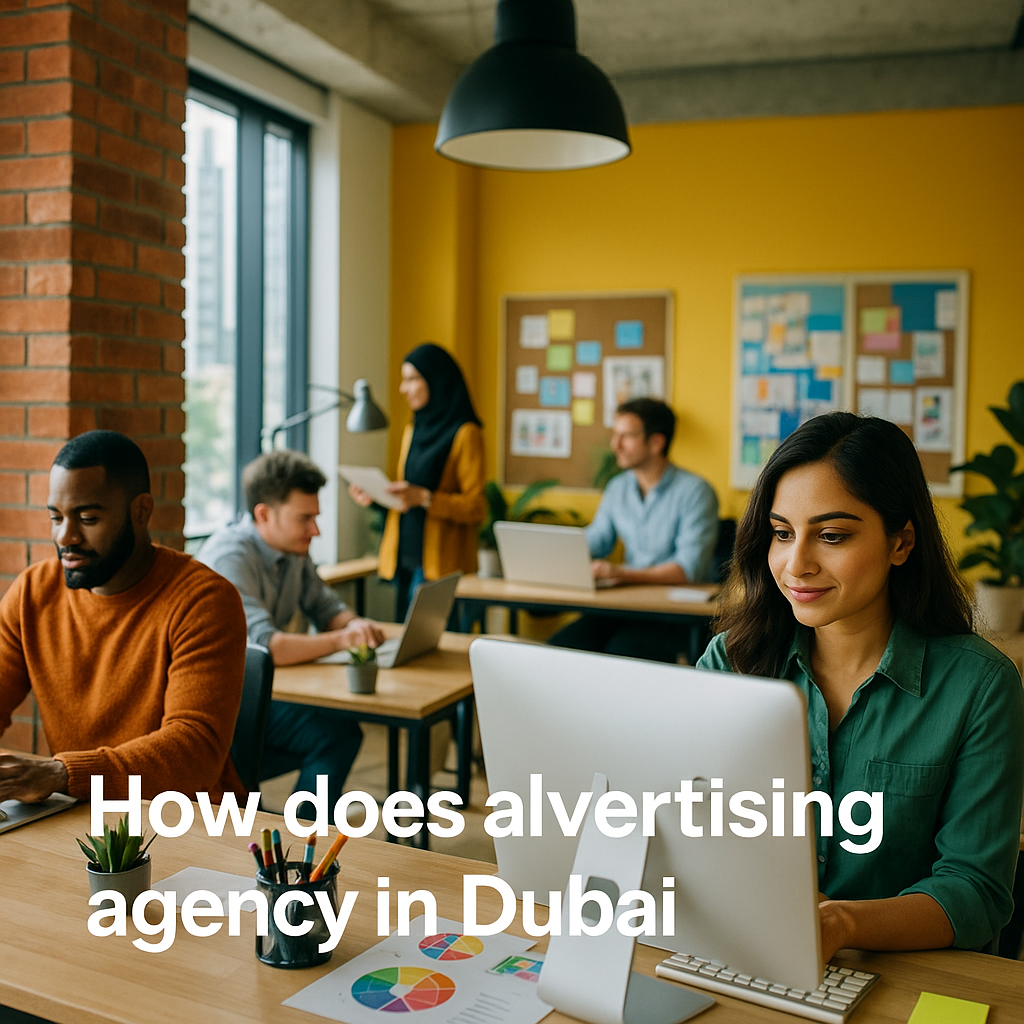How Does Advertising Work in GCC?
Advertising in the Gulf Cooperation Council (GCC) region has evolved significantly in recent years, driven by the growth of digital marketing. In this article, we will explore how advertising works in GCC and the impact of digital marketing on businesses in the region. Whether you are a local entrepreneur or a multinational company, understanding these dynamics can help you reach your target audience effectively.
The Shift to Digital Marketing
With a high percentage of the population in the GCC countries using smartphones and the internet, businesses are increasingly turning to digital marketing as a way to engage with customers. The shift from traditional to digital advertising offers new opportunities for brands to communicate and build relationships with their audience.
Digital platforms, including social media, search engines, and websites, allow businesses to target specific demographics with tailored messages. This precision is particularly crucial in the GCC, where cultural nuances and consumer behavior can vary significantly from one country to another.
The Role of Social Media
Social media platforms such as Instagram, Facebook, and Twitter play a pivotal role in advertising in the GCC. These platforms provide opportunities for businesses to reach potential customers where they spend a significant amount of their time. Engaging content, such as visually appealing posts and interactive stories, can drive brand awareness.
According to Content Marketing Institute, businesses that utilize content marketing can foster customer loyalty and drive conversions. In the GCC, local influencers also have a massive impact on consumer decisions. Collaborating with these influencers can help brands gain visibility and credibility in the market.
Content Marketing Strategies
Content marketing is another cornerstone of digital advertising in the GCC. It involves creating and distributing valuable content to attract and engage a target audience. This strategy can include blogs, videos, podcasts, and infographics. The goal is to provide useful information that resonates with consumers and encourages them to take action.
In the GCC, successful content marketing requires an understanding of the cultural context. Marketers must create content that is culturally relevant and aligns with the interests of the audience. As discussed in Meltwater, tailoring content to the local audience can significantly improve engagement and conversion rates.
Data-Driven Marketing
Another important aspect of advertising in the GCC is data-driven marketing. With access to various analytics tools, businesses can gather insights into customer behavior. This data helps marketers understand what works and what doesn’t, allowing them to refine their ad strategies to be more effective.
Using data effectively enables marketers to personalize their campaigns, improving customer experiences. For example, by analyzing past purchase behavior, businesses can send targeted promotions to specific segments of their audience, thereby increasing the chances of conversion. Additionally, understanding consumer trends can help businesses stay ahead of their competitors.
Challenges in Digital Advertising
Despite the benefits of digital advertising, businesses in the GCC face challenges. One of the significant obstacles is regulatory issues. Each GCC country has its regulations regarding advertising and marketing practices. Companies must ensure their advertising strategies comply with local laws to avoid potential fines or bans.
Another challenge is the saturation of the digital space. As more businesses dive into digital marketing, competition increases. Staying relevant and standing out from the crowd becomes crucial. Brands must continuously innovate and adapt to changing customer preferences to remain effective.
Conclusion
In conclusion, advertising in the GCC is rapidly evolving, with digital marketing playing a central role in driving growth and visibility for businesses in the region. Understanding how digital platforms work, utilizing social media, focusing on content marketing, and leveraging data are essential strategies for effective advertising.
By acknowledging the unique challenges of the GCC market and staying compliant with local regulations, businesses can create impactful advertising campaigns that resonate with their target audience. The future of advertising in the GCC is digital, and those who embrace this shift will be best positioned for success.
For further insights on content marketing and its influence on sales in the Middle East, you may refer to LinkedIn and StoryChief.















